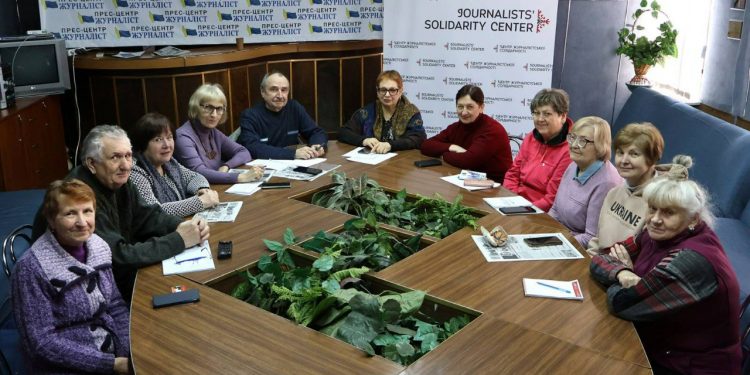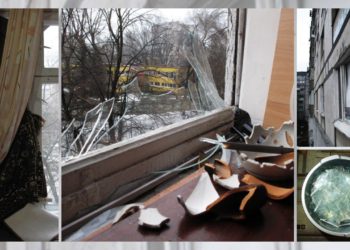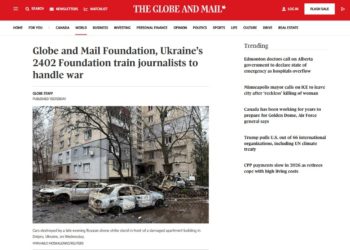Major norms of journalistic ethics, which must be followed in martial law conditions, were discussed at the Zaporizhzhia Journalists’ Solidarity Center. The training for media workers from the de-occupied territories was conducted by Mykola Bordiuzha, a board member of the regional organization of the National Union of Journalists of Ukraine (NUJU) and a member of the ethics commission.
He states compliance with these norms is mandatory when preparing reports from places of mass casualties and interviewing wounded or former prisoners. In particular, he says, you should not confuse:
- “occupied” and “temporarily occupied” territories. Only Crimea, Donetsk, and Luhansk Regions can be called occupied;
- “military” and “wartime”: the first refers to the army as a power structure, and the second is an adjective describing everything directly related to war: martial law and curfew.
The training participants discussed other rules and norms of journalistic ethics and got acquainted with all sections of the Dictionary of War, which will help prepare materials.
“Many of us do not have experience in covering topics related to the war because our newspapers have not been published for a whole year since the beginning of the war,” says Svitlana Karpenko, the editor of the Trudova Slava newspaper from Orikhiv. “Now, when district newspapers have started to resume their publishing, there is an urgent need to have an updated vocabulary. The practical recommendations we received at the training allowed us to use the terminology correctly.
As you know, the Journalistic Ethics Commission of the NUJU has developed recommendations for the War Dictionary For Journalists, which should be used to cover events in the conditions of the Russian Federation’s large-scale military invasion of Ukraine.
To call the Journalists’ Solidarity Center in Zaporizhzhia, please dial 096 277 5352 (Natalia Kuzmenko, Valentyna Manzhura, co-coordinators of the Zaporizhzhia Center), Address: 152, Sobornyi Avenue.
Journalists’ Solidarity Centers are an initiative of the NUJU implemented with the support of the International and European Federations of Journalists and UNESCO. The initiative is aimed at helping media representatives working in Ukraine during the war. The centers operate in Kyiv, Lviv, Ivano-Frankivsk, Chernivtsi, Zaporizhzhia, and Dnipro and provide journalists with organizational, technical, legal, psychological, and other types of assistance.
UNESCO is the United Nations Educational, Scientific, and Cultural Organization. It contributes to peace and security by promoting international cooperation in education, sciences, culture, communication, and information. UNESCO promotes knowledge sharing and the free flow of ideas to accelerate mutual understanding. It is the coordinator of the UN Action Plan on the Safety of Journalists and the Issue of Impunity, which aims to create a free and safe environment for journalists and media workers, thus strengthening peace, democracy, and sustainable development worldwide. UNESCO is working closely with its partner organizations in Ukraine to provide support to journalists on the ground. The designations employed and the presentation of material throughout this digest do not imply the expression of any opinion whatsoever on the part of UNESCO concerning the legal status of any country, territory, city, or area or its authorities or concerning the delimitation of its frontiers or boundaries. The authors are responsible for the choice and the presentation of the facts and for the opinions expressed therein, which are not necessarily those of UNESCO and do not commit to the organization.
Nina Derkach, Nataliya Vadymova
Photo: Serhii Bizhko

 THE NATIONAL UNION OF
JOURNALISTS OF UKRAINE
THE NATIONAL UNION OF
JOURNALISTS OF UKRAINE
















Discussion about this post